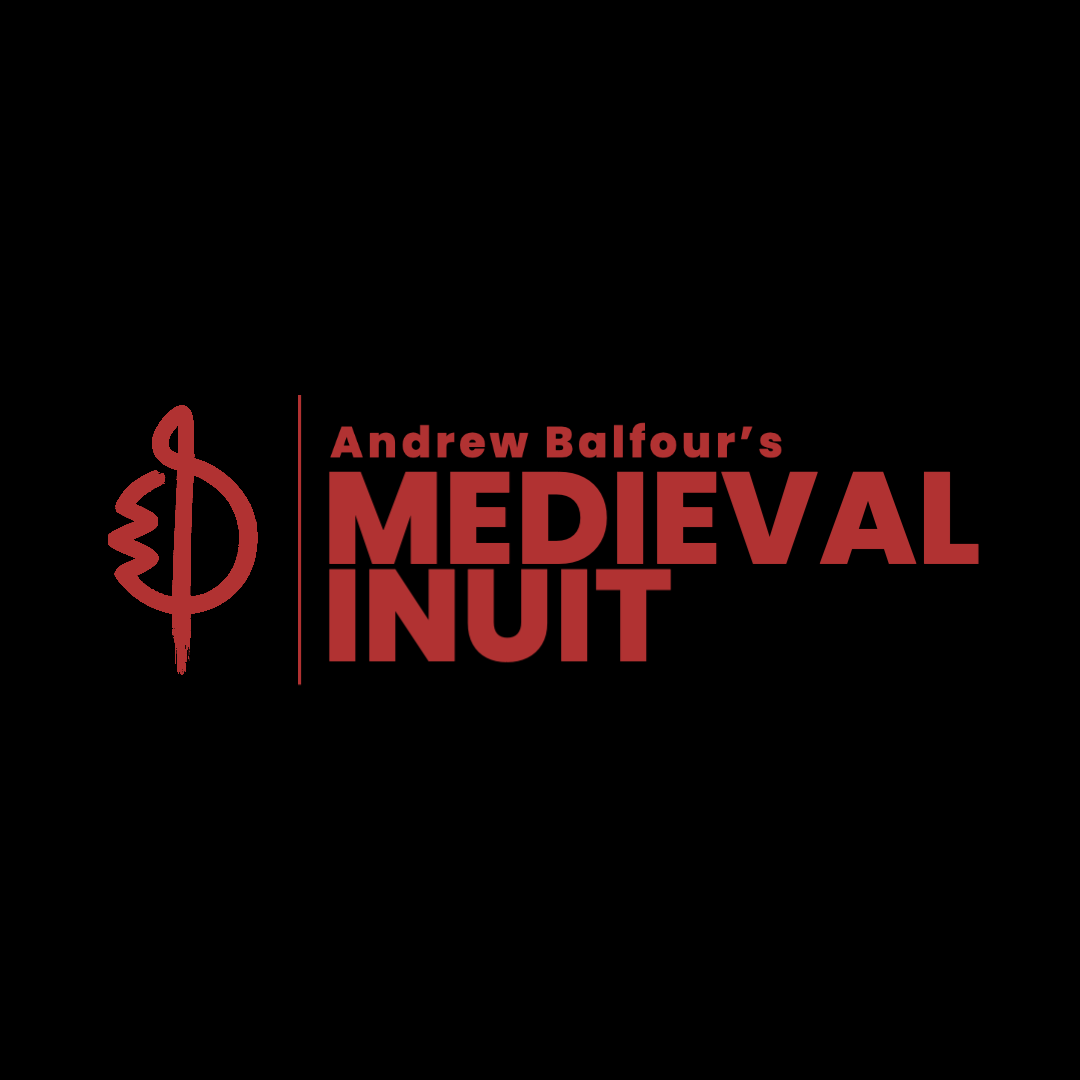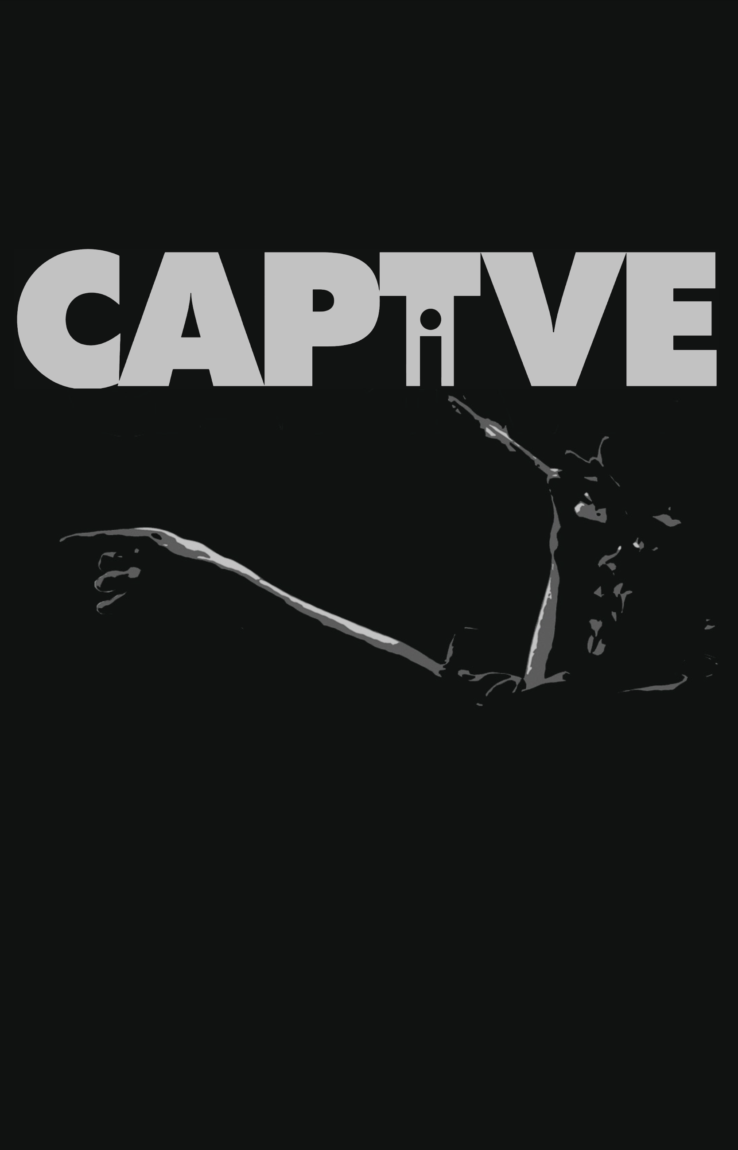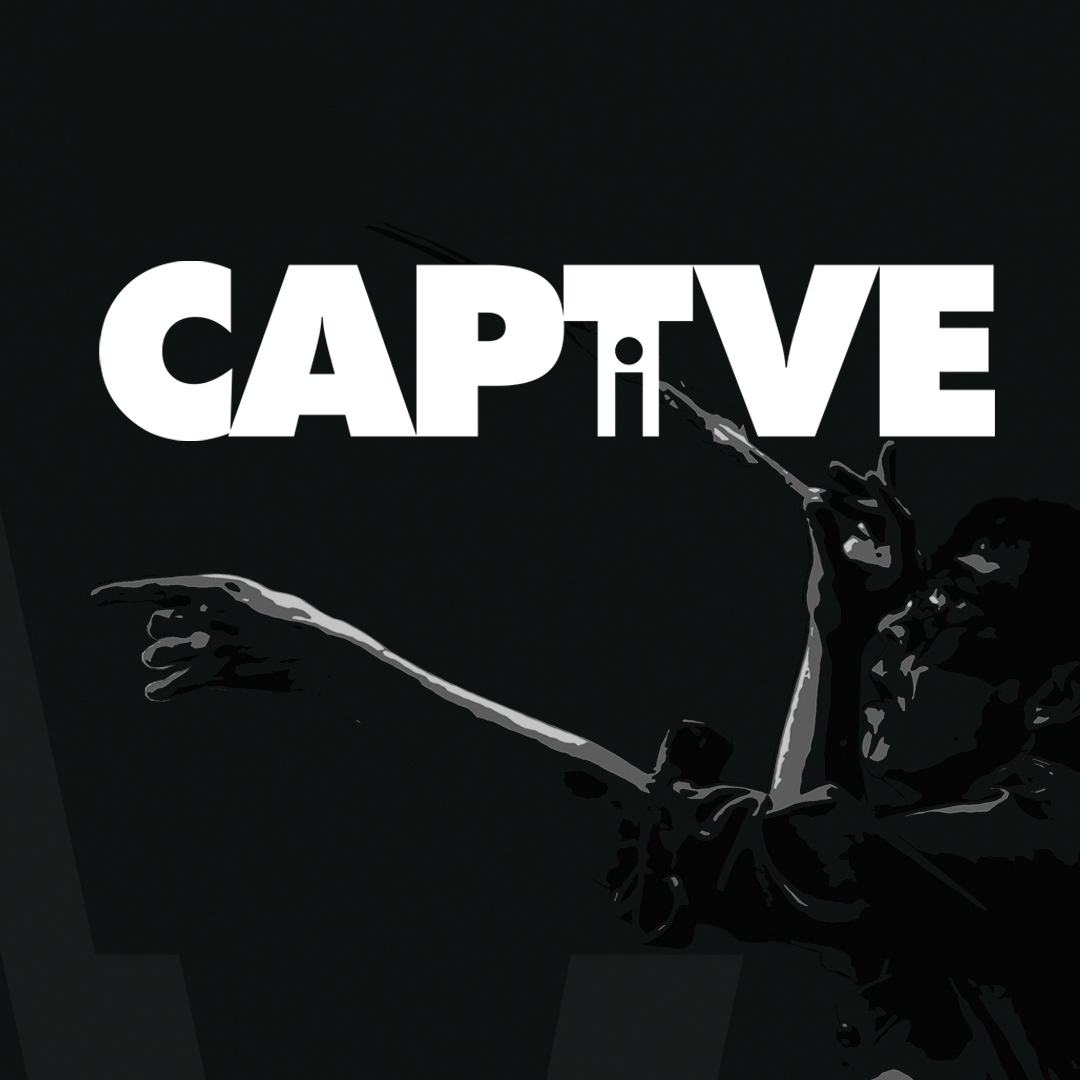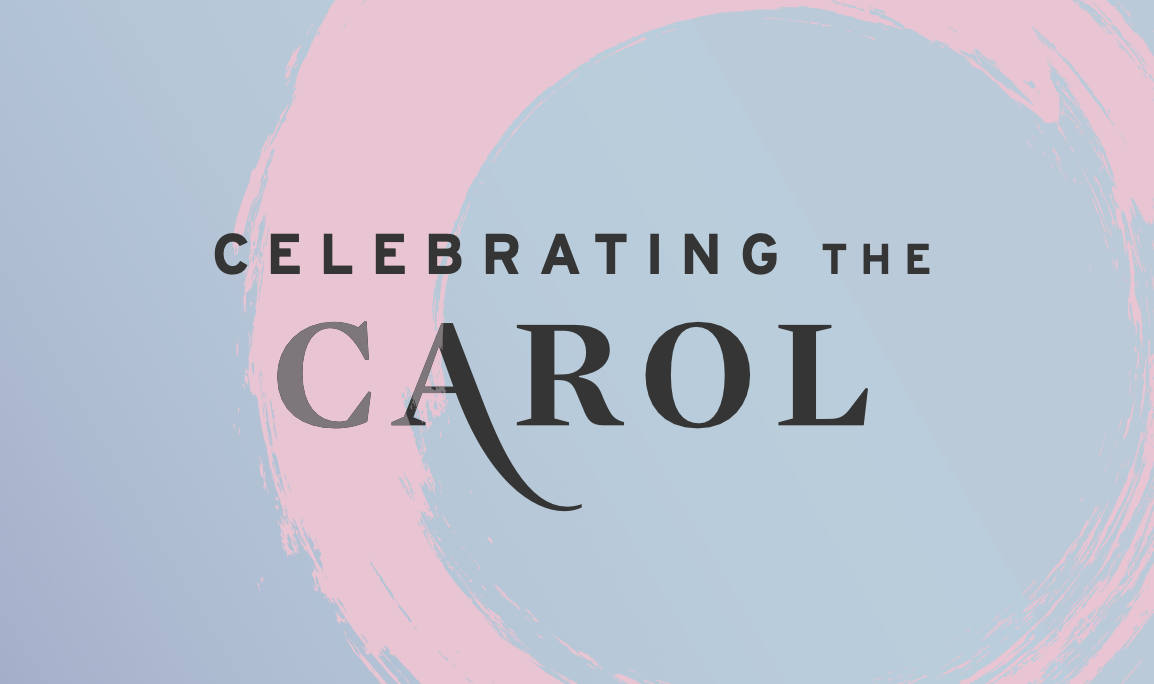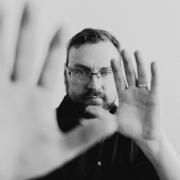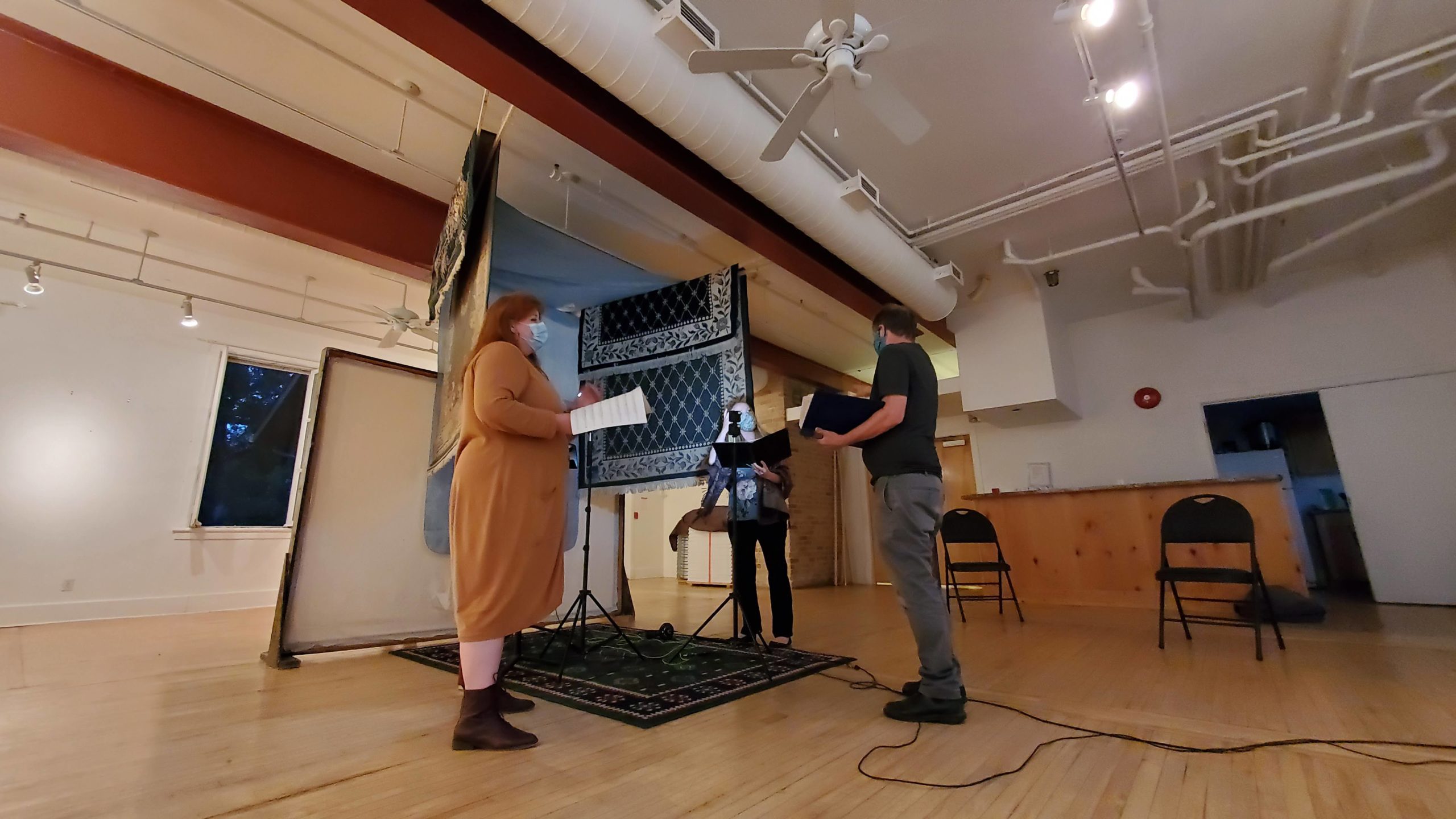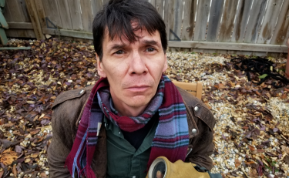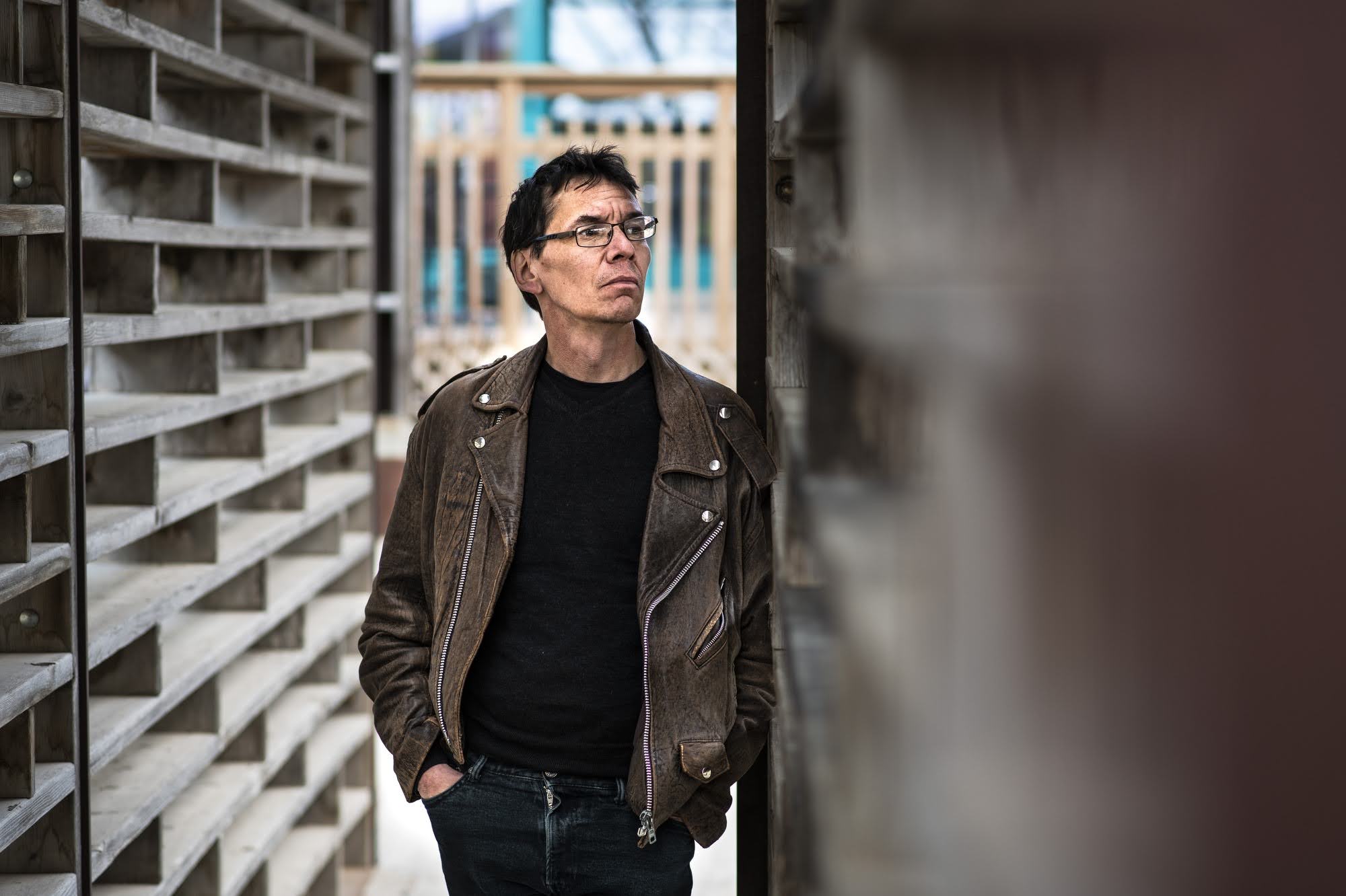Saturday, October 29, 2022, 7:30 p.m.
Westgate Mennonite Collegiate (86 West Gate)
Join us as we perform one of Andrew Balfour’s works from his Truth and Reconciliation concert series. wonder of the North and features Inuit throat singers Aleatra Sammurtok and Zeann Manernaluk. We are dedicating this concert to the memory of Dead of Winter board member and long-standing board member and Manitoba Inuit Association President for several years, Fred Ford.
Please note, this will be a filmed performance (to be released as a concert film), and capacity is limited.
PERFORMER BIOS
Aemilia Moser is in the 2nd year of a Post-Baccalaureate Diploma in Voice at the Desautels Faculty of Music, where she is singing the role of the Fairy Godmother in a performance of Massenet’s Cendrillon. She recently sang Alligator Pie with the WSO under the direction of Julian Pellicano.
Merina Dobson Perry continues to share her vocal gifts with many of Winnipeg’s professional choirs and also teaches music for young children. Merina has a secret “rock singer’ life.
Brittany Melnichuk is the conductor of the Rainbow Harmony choir and also works for the Manitoba Choral Association. She teaches at the Manitoba Conservatory.
Donnalynn Grills has sung with every major organization in town including Manitoba Opera, Rainbow Stage, Winnipeg Singers, and Canzona as well as the Manitoba Chamber Orchestra, with whom was recently a soloist in Bach’s Mass in F.
Ange Neufeld, one of the founding members of Dead of Winter, is the tireless choir board rep for the choir. No one knows or cares more about the ongoing legacy of Dead of Winter and Ange is always there for everyone. When not singing with Dead of Winter or Winnipeg Singers, Ange is an Elementary School music teacher.
Carlie Fehr is in the first year of her Education Certification at the University of Manitoba. Every Monday she gets to work with the young singers at Dakota Collegiate, whose program is led by long-term DOW singer Justin Odwak.
Nolan Kehler is one of the busiest young tenors in the city, having recently sung the tenor solos in Bach’s St. John Passion under the direction of Kathleen Allan. When not involved in singing projects, Nolan works behind the scenes as a producer and studio director for CBC Radio.
Mike Thompson, another founding member of Dead of Winter is preparing for the Fall hunting season with his muzzle loader. Besides harvesting amazing venison, Mike is an enthusiastic drum hang participant and Manitoba’s only professional digeridoo player.
Kyle Briscoe is a recent graduate of the Desautels Faculty of Music. When not singing, he works as an assistant to Manitoba Opera CEO Larry Desrochers. Kyle will be singing the tenor solo in Peer Gynt with the WSO this winter and next season has him singing the tenor solos in the Messiah with the WSO.
Dr. Matthew Knight is our resident expert in Georgian music and has curated and arranged the Georgian portion of the upcoming DOW Christmas concert. Matt is much in demand on the local choral scene and is a father to two delightful daughters.
Al Schroeder is the 3rd founding member of DOW still in the choir and is also a member of Winnipeg Singers. Al’s facility as a woodworker and home renovator is much in evidence around the city. Al, along with Mike Thompson, is one of DOW’s overtoning experts.
John Anderson is a recent graduate in Vocal Performance from the Desautels Faculty of Music. When not sharing his voice with local choral groups, John can be found teaching at the Children’s House Montessori School.
Violist Jennifer Thiessen recently returned home to Winnipeg after two decades in Montreal. An accomplished performer on both viola and viola d’amore, Jennifer has commissioned and created numerous new works for viola, as well as playing early music. She has collaborated with many of today’s leading New Music composers, developing a particular specialty in improvisation. Jennifer is the Artistic Director For the Virtuosi Concert Series.
Percussionist Tori Sparkes is the Percussion Instructor at the Deasutels Faculty of Music, where she is inspiring a whole new generation of percussionists in the wonders of rhythm, colour, and exploration. Tori, the only true Icelander in tonight’s performance, plays with all the major Arts organizations in the city and regularly commissions new works.
Vic Pankratz has logged countless hours as a solo singer with Manitoba Opera, the WSO, and the RWB, and has also sung as a chorister with all the professional choirs in the city. By day he leads the choral program at Westgate Mennonite Collegiate. He is much in demand throughout the province as a choral clinician. If there is a hockey or football game on during rehearsal, Vic is sure to PVR it, so that he doesn’t miss a single period or down.
Mel Braun is the long-time Head of Voice at the Desautels Faculty of Music, where he delights in working with young singers both as a voice teacher and opera ensemble director. He has been heard as a baritone soloist in Opera, Oratorio, and Art Song all across North America. When not singing, teaching, or conducting, he keeps up with all the rock young bands around town. He has avidly followed the Blue Bombers for the last 55 years…..it has been a journey….Yikes!
Aleatra Sammurtok is a busy Mom with a long history of throat singing here in Manitoba. An active participant in the local Inuit scene, she can be found sharing her gifts at many of the Inuit ceremonies and celebrations.
Zeann Manernaluk grew up in Rankin Inlet, where she started singing at the age of six under the tutelage of her aunt. After moving to Winnipeg, she immediately became an important part of the local throat singing scene. A mother of two, Zeann works in the health field.
Phoebe Mann – local singer and percussionist Phoebe Mann is an old friend of Dead of Winter and tonight finds her displaying her flag waving expertise as she creates the sound of those Norse sails whipping in the wind.
Medieval Inuit concert program — View on webpage or download to your device
Read more about Andrew Balfour:
Choral maestro Andrew Balfour pursues his Indigenous identity through music — The Globe and Mail
You can help us continue to present beautiful music by DONATING TODAY!
Check out this live concert film for Andrew Balfour’s Captive filmed in May 2022 at the West End Cultural Centre in Winnipeg, MB.


